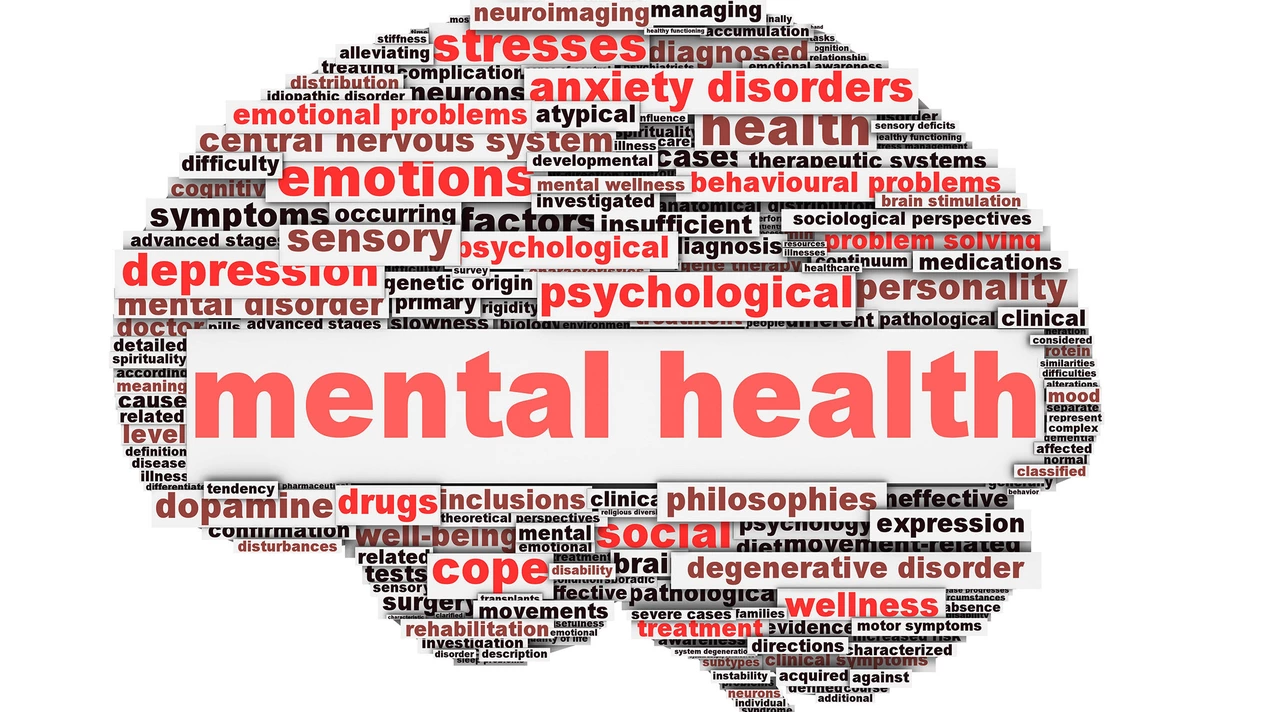Psychological effects: how medicines and supplements can change your mood and mind
Some everyday medicines and even herbal supplements can change how you feel — for a few hours, days, or longer. That’s what this tag collects: straightforward posts about drugs and supplements that can alter mood, sleep, thinking, or behavior, plus real steps you can take if that happens.
Common psychological effects and where they come from
Look for these warning signs: new or worse anxiety, sudden sadness or hopelessness, insomnia, extreme irritability, confusion, hallucinations, or thoughts of harming yourself. Different classes of drugs can cause these in different ways. For example, gabapentin (Neurontin) has been linked to mood changes and, rarely, suicidal thoughts. Systemic corticosteroids often cause mood swings, insomnia, or even manic episodes. Some antivirals and antibiotics — especially in older adults — have been reported to cause confusion or hallucinations in rare cases. Even over-the-counter remedies and supplements matter: valerian usually helps sleep, but in some people it can cause daytime grogginess or paradoxical agitation. Mixing medicines that slow the brain (like opioids, benzodiazepines, alcohol, or sedative herbs) raises the risk of severe drowsiness, confusion, and breathing problems.
What to do if a medication changes how you feel
Start with timing. Note when the changes began compared with when a new drug, dose change, or supplement was started. A quick symptom diary (time, symptom, medication taken) is often enough to spot a pattern. Don’t stop prescription drugs suddenly unless your provider tells you to — some drugs require tapering. Call your prescriber or pharmacist and describe the symptoms, timing, and all substances you use (prescription, OTC, vitamins, herbs, alcohol). If you bought a medicine online or switched brands recently, mention that — counterfeit or altered products can cause unexpected reactions.
Seek immediate help if someone has severe agitation, confusion, sudden breathing problems, chest pain, or thoughts of suicide. For non-emergency but worrying changes, ask your doctor about switching drugs, lowering the dose, or adding monitoring. Older adults and people with kidney or liver problems often need dose adjustments because their bodies clear drugs more slowly.
Prevention is easy and powerful: keep an updated medication list, check interactions (ask your pharmacist), avoid mixing alcohol with sedating drugs, and be cautious with online pharmacies — buy only from reputable sources. On this tag you’ll find detailed articles about specific drugs, safer alternatives, and evidence-based tips to keep your mind steady while you treat other health problems. If you’re unsure, reach out to your prescriber — a short conversation can prevent a big problem.
Explore the linked posts to read real examples, drug-specific risks, and practical steps for staying safe when medications affect your mood or thinking.

The Psychological Effects of Living with Bone Damage
Living with bone damage has a significant impact on our mental health, as it often leads to chronic pain and limited mobility. This can cause feelings of frustration, helplessness, and isolation, as we struggle to perform daily tasks and participate in social activities. Furthermore, the constant pain can disrupt our sleep patterns, leading to increased stress and anxiety. It's crucial to seek professional help to manage these emotions effectively, and to maintain a support network of family and friends who can provide understanding and encouragement during challenging times. By addressing the psychological effects of bone damage, we can work towards improving our overall quality of life.
More Detail